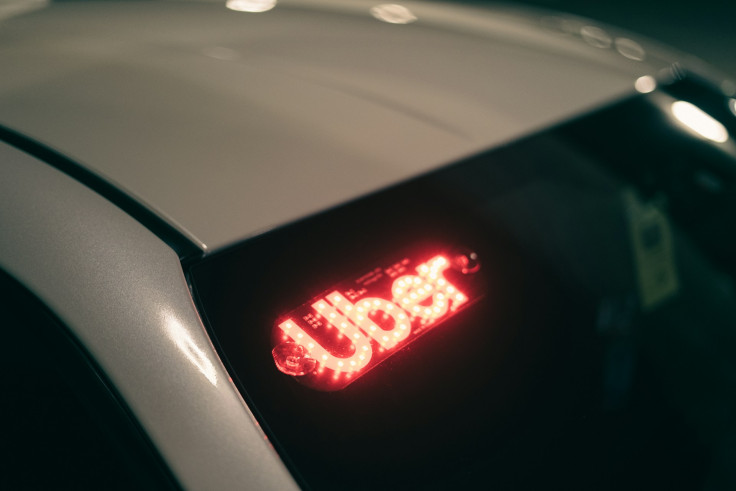US Justice Dept. Sues Uber For 'Discriminating Against Disabled Riders With Service Animals And Wheelchairs'
The lawsuit claims Uber drivers routinely deny service to individuals with wheelchairs or service animals

The US Justice Department has launched a legal battle against Uber, accusing the ride-hailing giant of widespread discrimination. The lawsuit claims Uber has systematically failed riders with disabilities, specifically those who rely on service animals and wheelchairs, denying them the equal access and service they are entitled to.
The US Justice Department accused the ride-hailing company of violating a federal law by discriminating against individuals with physical disabilities.
The DOJ's Core Claims
Specifically, the Department of Justice's (DOJ) civil rights division alleges that the company and its drivers routinely refuse to serve individuals with disabilities, including individuals who travel with service animals or who use stowable wheelchairs.'
The DOJ also claims that Uber charges extra fees to passengers requiring special accommodations, including cancellation fees when they're denied service. According to the complaint, these actions and others listed within it infringe the Americans with Disabilities Act.
'Despite the importance of its services to people with disabilities, Uber denies people with disabilities full and equal enjoyment of its services in several critical ways', lawyers for the DOJ wrote. 'Uber also refuses to reasonably modify its policies, practices, or procedures where necessary to avoid discriminating against riders with disabilities.'
The DOJ argues this has inflicted 'significant economic, emotional and physical harm to individuals with disabilities'. Uber, in a statement, pushed back on the DOJ's allegations, stating it has a 'clear zero-tolerance policy for confirmed service denials.'
'Every driver must acknowledge and agree to comply with our US Service Animal Policy and all applicable accessibility laws before using the Uber Driver app, and we regularly remind drivers of these obligations. When we confirm a violation, we take decisive action, including permanent account deactivation,' the company wrote.
A Pattern of Legal Trouble
For many years, Uber has been accused of operating services that discriminate against people with physical disabilities. The DOJ took legal action against the company in 2021, accusing it of overcharging those passengers.
The company eventually reached a settlement with the DOJ in 2022, paying out millions of dollars to over 65,000 customers who were affected. Uber has also faced several personal lawsuits from passengers who have made similar claims of discrimination, and the company has been the subject of public protests.
The DOJ's complaint, filed in a California federal court last Thursday, states that the department notified Uber in 2024 that its treatment of disabled passengers was under investigation. Based on the complaint, once Uber became aware of the investigation, the company introduced a new feature that lets passengers identify if they're riding with a service animal.
A Continuing Legal Battle
The US Justice Department's lawsuit against Uber highlights a persistent and complex issue facing the ride-hailing industry. While Uber maintains its commitment to accessibility with a 'zero-tolerance policy' for discrimination, the DOJ's complaint and past legal battles suggest that the company's actions may not align with its stated policies.
As this case moves forward, the outcome could set a significant precedent for how technology companies are held accountable for ensuring their services are truly accessible to all, reinforcing that equal access is not just a policy — it's a legal requirement.
© Copyright IBTimes 2025. All rights reserved.






















